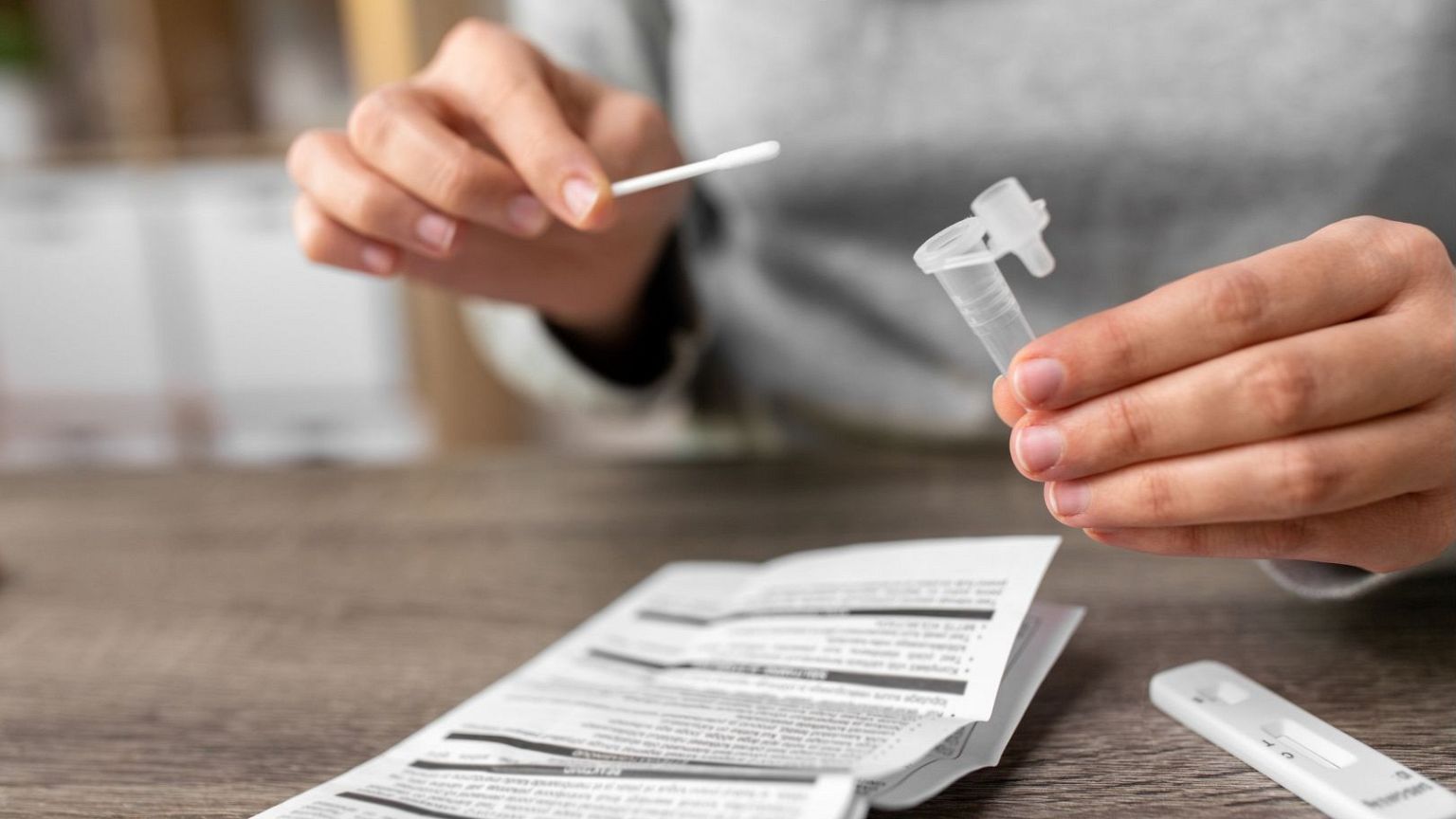Health
Surge in At-Home Health Tests Raises Concerns Over Reliability

The popularity of at-home health tests has escalated in recent years, but a recent study reveals significant concerns regarding their reliability and clarity. The findings indicate that many self-tests available in supermarkets and pharmacies lack essential information about their accuracy, usage, and interpretation.
According to a report by researchers from the University of Birmingham, only a fraction of the tests provide clear guidance to consumers. The research examined 30 different self-tests for 19 health issues, including vitamin D deficiency and HIV. Alarmingly, only 14 tests made statements about their accuracy, while just eight offered clear instructions on who should use them. Furthermore, only seven tests advised consumers what steps to take after receiving results.
Concerns Over Misleading Claims
Researchers expressed ethical concerns about the marketing of these tests, particularly as the at-home testing market is projected to reach hundreds of millions of euros by 2030. Dr. Alex Richter, a professor of clinical immunology and one of the study’s authors, emphasized the expectation of accuracy and evidence-based results from self-tests sold to the public. He stated, “Unfortunately, we found that many tests gave unclear or at least missing guidance.”
The studies revealed that 16 tests explicitly claimed to be suitable for screening, diagnosis, or monitoring, while nine did not provide relevant information about symptoms or risk factors. The lack of clarity could lead to inappropriate healthcare decisions by consumers.
Independent experts have echoed these concerns. Dr. Amitava Banerjee, a cardiologist at University College London, highlighted that while self-tests can provide useful information, they should not replace traditional medical care. “This research shows that these self-tests are often not providing relevant knowledge or information,” he noted.
Need for Regulation and Better Practices
The researchers called for stricter regulations governing the sale of self-tests to safeguard consumers. They advocate for comprehensive evaluations before these products reach retail outlets. Dr. Richter remarked that the findings should not undermine the credibility of all self-tests. He pointed out that at-home pregnancy tests have a long history of reliability when used correctly.
During the COVID-19 pandemic, self-tests proved to be a cost-effective and rapid means of identifying infections, alleviating some pressures on healthcare systems. Richter acknowledged the potential value of self-tests, stating, “We just need to work out how they can be properly used and assessed. We don’t want bad tests on the market; we want good tests.”
The findings from these studies serve as a critical reminder for consumers navigating the increasingly crowded market of at-home health tests. As the demand for such products continues to grow, understanding their limitations and ensuring they meet established medical standards is essential for public health.
-

 Top Stories3 months ago
Top Stories3 months agoTributes Surge for 9-Year-Old Leon Briody After Cancer Battle
-

 Entertainment4 months ago
Entertainment4 months agoAimee Osbourne Joins Family for Emotional Tribute to Ozzy
-

 Politics4 months ago
Politics4 months agoDanny Healy-Rae Considers Complaint After Altercation with Garda
-

 Top Stories4 months ago
Top Stories4 months agoIreland Enjoys Summer Heat as Hurricane Erin Approaches Atlantic
-

 World5 months ago
World5 months agoHawaii Commemorates 80 Years Since Hiroshima Bombing with Ceremony
-

 Top Stories3 months ago
Top Stories3 months agoNewcastle West Woman Patricia Foley Found Safe After Urgent Search
-

 Top Stories5 months ago
Top Stories5 months agoFianna Fáil TDs Urgently Consider Maire Geoghegan-Quinn for Presidency
-

 World5 months ago
World5 months agoCouple Convicted of Murdering Two-Year-Old Grandson in Wales
-

 World5 months ago
World5 months agoGaza Aid Distribution Tragedy: 20 Killed Amid Ongoing Violence
-

 World5 months ago
World5 months agoAristocrat Constance Marten and Partner Convicted of Infant Murder
-

 Top Stories4 months ago
Top Stories4 months agoClimbing Errigal: A Must-Do Summer Adventure in Donegal
-

 Top Stories4 months ago
Top Stories4 months agoHike Donegal’s Errigal Mountain NOW for Unforgettable Summer Views









